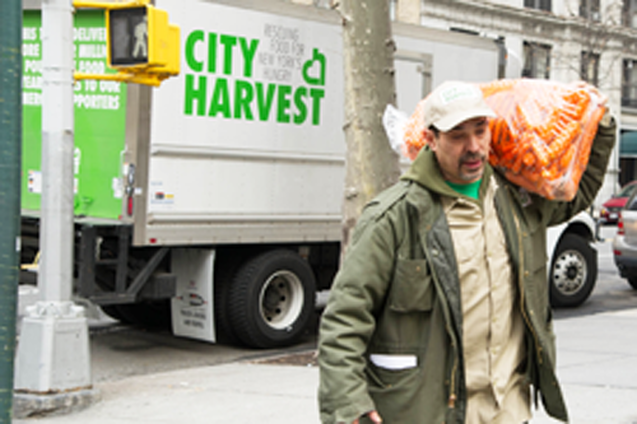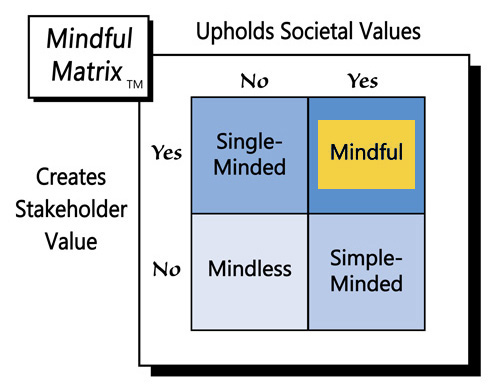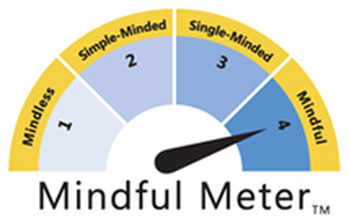In the United States, full-service restaurants produce a combined total of over 49 million lbs. of food loss per day, while fast food restaurants generate even more—over 85 million lbs. daily.
Why so much waste? Well, it’s helpful to realize that the excess food comes in three categories:
1) Uncooked/raw ingredients that can’t be used or are no longer needed
2) Prepared dish components that are never served (e.g., sauces, sautéed onions, shredded lettuce, etc.)
3) Uneaten portions of customers’ meals
In terms of #3, consumers are the main culprits when they order more food than they should and/or fail to take the leftovers home. Restaurants, in turn, are responsible for #1 and #2. Although they have a financial incentive to minimize such loss, food ordering and preparation is not an exact science. Both are subject to consumer demand—what and how much customers decide to eat on a given day is somewhat unpredictable.
Since it seems that restaurant leftovers are to some extent unavoidable, the question becomes how to handle the surplus, particularly in light of the fact that so many people really need the food: For instance, “In 2013, 49.1 million Americans lived in food insecure households,” which was about 15.5 percent of the entire U.S. population. One enterprising organization that has created an especially effective solution is City Harvest.
City Harvest serves America’s most populous metropolis, “rescuing food” for many of the hungry among New York City’s 8 million-plus residents, 1.7 million of whom live in poverty. How does a relatively small nonprofit attack such an enormous need? City Harvest mobilizes an eclectic collection of food donors (e.g., restaurants, grocery stores, cafeterias), motivates a wide array of volunteers and financial supporters (individuals and organizations), and manages fast-paced transportation and logistical systems, all to get the right food to the right places at the right times. In short, City Harvest employs some very effective marketing.
City Harvest rescues 136,000 pounds of food a day, which it delivers to over 500 community programs, all while spending just 25 cents per pound of edibles and ensuring that 93 cents of every dollar-donated directly supports its hunger relief programs. All told, the organization “helps feed the more than 1.4 million New Yorkers facing hunger each year.”
It’s great to see nonprofits utilizing best practices in marketing to create some of the most needed kinds of stakeholder value. In doing so such organizations also uphold important societal values like empathy, kindness, and generosity. As a result, it’s easy to add City Harvest to the menu list of those practicing “Mindful Marketing.”
Learn more about the Mindful Matrix and Mindful Meter.
Check out Mindful Marketing Ads and Vote your Mind!




 RSS Feed
RSS Feed